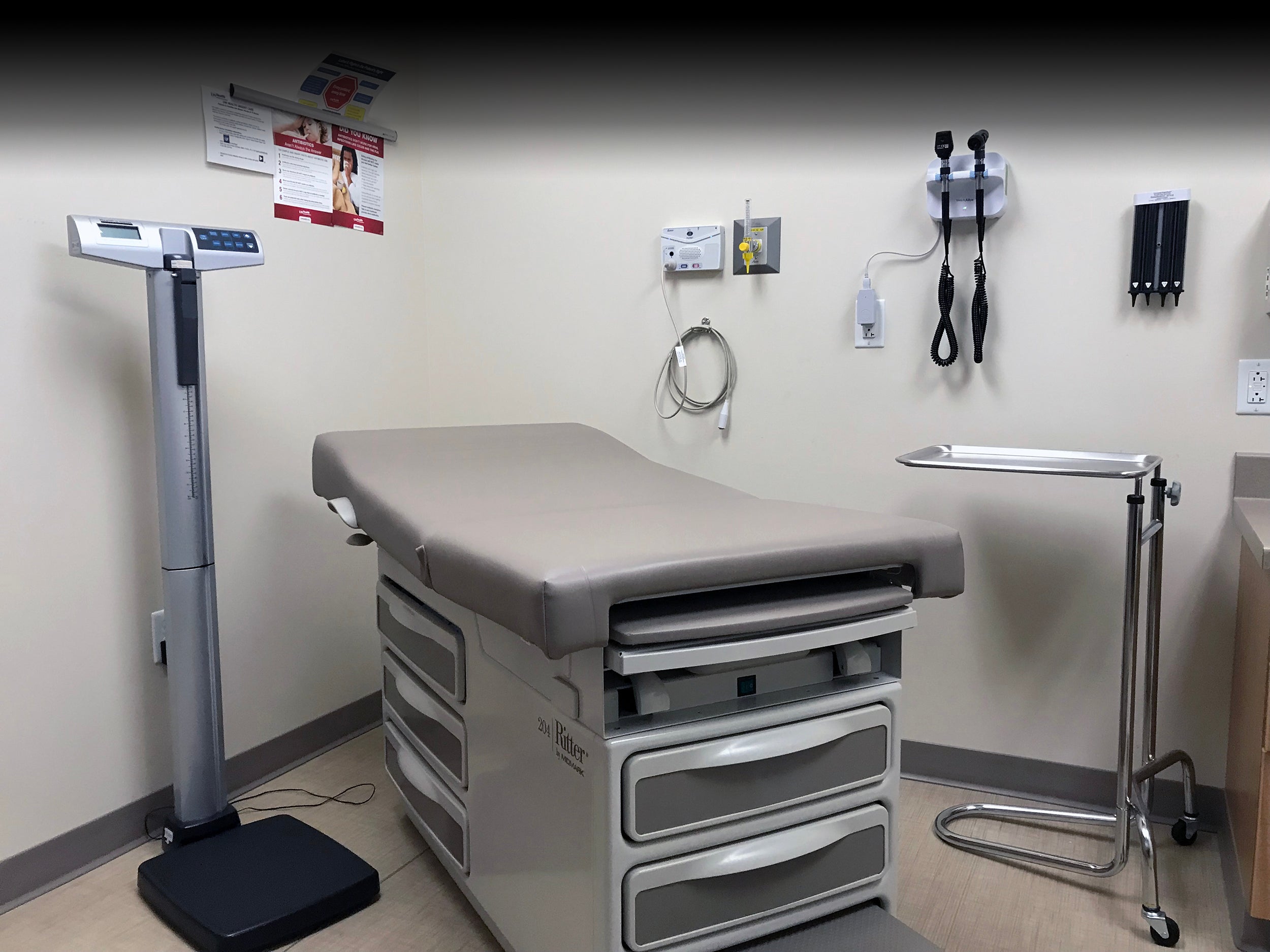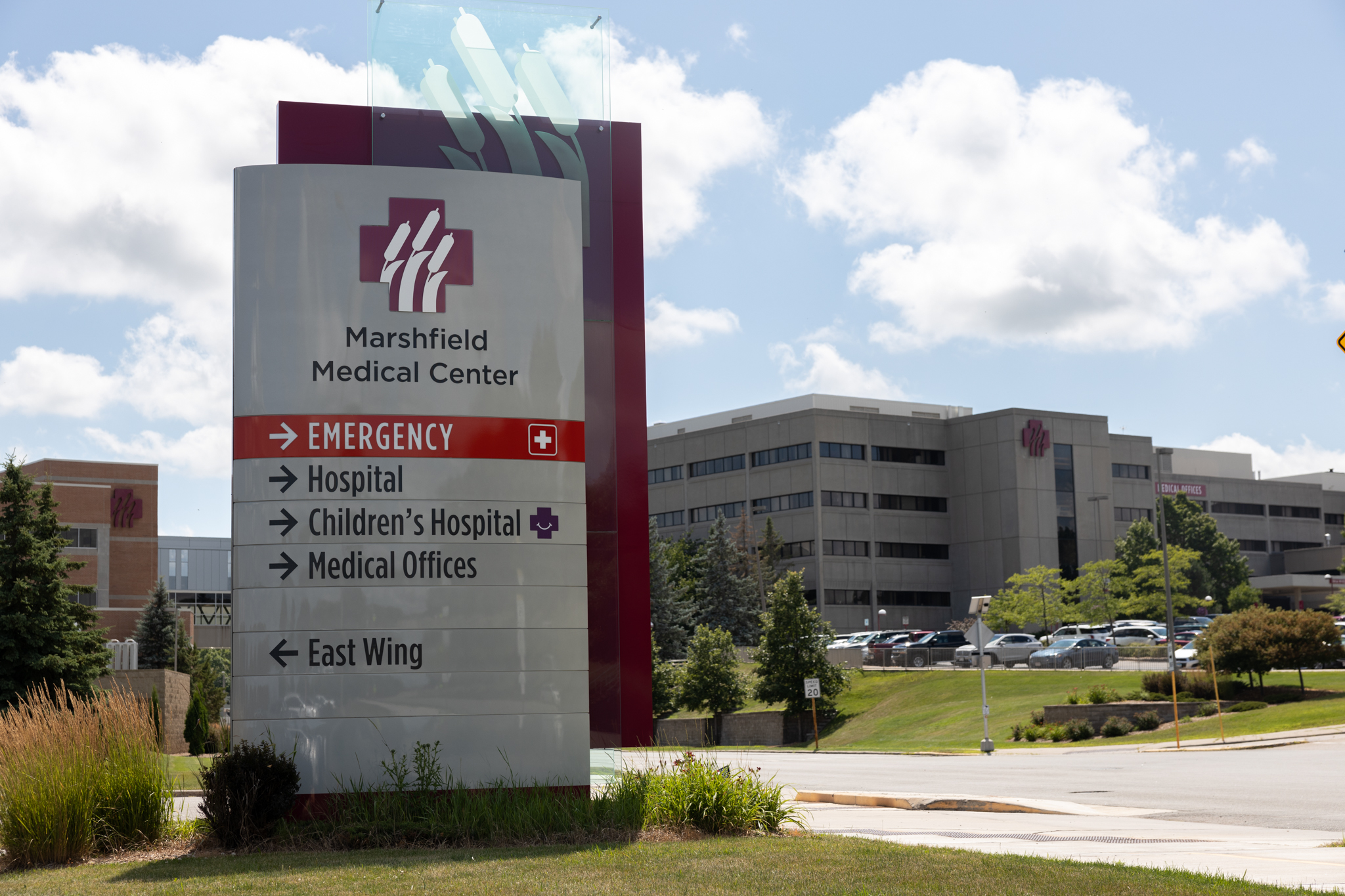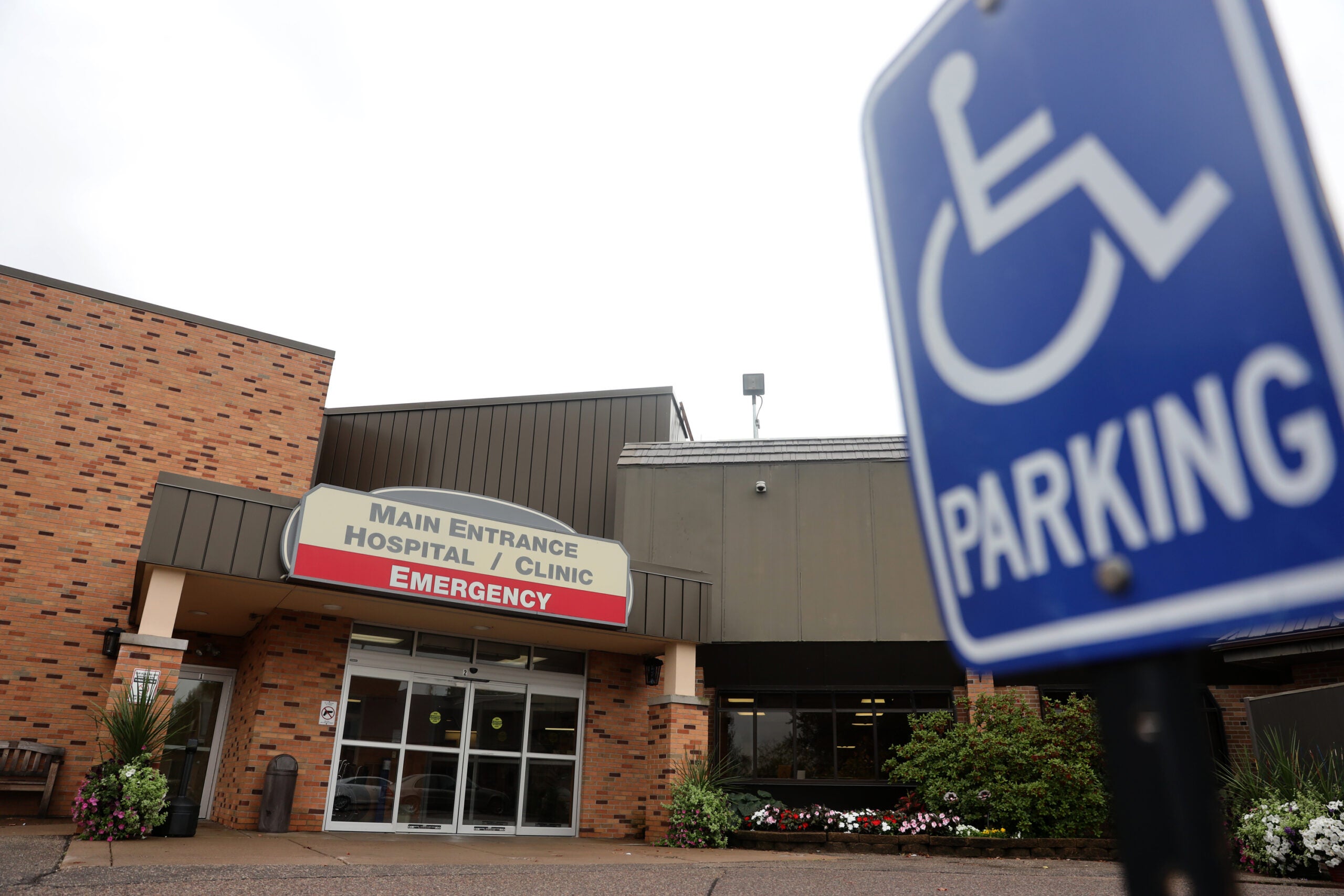Froedtert Health and ThedaCare have begun the process of merging their organizations into one, with the goal of launching a combined health system by the end of 2023.
The hospital systems announced Tuesday that they had signed a letter of intent to combine, and said the merger is aimed at improving the health and well-being of their patients and communities.
The health systems say combining into one organization will build on their past work together to close health care gaps, recruit and retain staff and develop innovations to meet patient needs.
News with a little more humanity
WPR’s “Wisconsin Today” newsletter keeps you connected to the state you love without feeling overwhelmed. No paywall. No agenda. No corporate filter.
“Both of our organizations have deep, long-standing ties in the communities we serve. Our Wisconsin roots have been instrumental in building creative solutions to meet our communities’ health needs,” said Cathy Jacobson, president and CEO of Froedtert Health, in a statement. “By coming together with the state’s leader in regional community health, our combined organization will be poised to meaningfully address health equity and disparities, enhance access to a broader array of services and make it easier for patients to navigate the health care system.”
ThedaCare and Froedtert will spend the next several months working out the details of a definitive agreement that will outline the combined health system’s commitments, officials said. The combined organization will be governed by an 18-member board with representatives from both organizations that include the presidents of Froedtert and ThedaCare, hospital officials said.
Jacobson will initially assume the role of CEO of the merged health system, but plans to retire after a six-month transition period. During the transition, ThedaCare President and CEO Imran Andrabi, will serve as president. After Jacobson’s retirement, Andrabi will become president and CEO of the merged health care system.
Hospital officials said they haven’t decided on a name for the merged health system, but it’s important to find a way to continue using their existing names because they’re trusted in their local communities.
Froedtert is based in Milwaukee and primarily serves southeast Wisconsin. Meanwhile, ThedaCare is based in Neenah and its facilities are primarily located in northeast and central Wisconsin.
“ThedaCare and Froedtert Health have a commitment to the people of Wisconsin,” Andrabi said in a statement. “We are alike in many ways, and our leaders and our boards have long been asking how we can accelerate our work to make a positive and lasting impact on our state.”
The announced Froedtert and ThedaCare merger is the most recent in Wisconsin and comes after Gundersen Health System merged with Bellin Health, and Advocate Aurora Health combined with Atrium Health in late 2022. Marshfield Clinic Health System and Essentia health also announced merger talks last year.
ThedaCare and Froedtert have worked together in the past. Last October, they announced a partnership to create micro-hospitals in Fond du Lac and Oshkosh, offering emergency and outpatient services.
“We have a shared vision for what we can do together to improve the health and well-being of the communities and be proactive partners in health. We are eager to start exploring how we can build a healthier, brighter future for Wisconsin,” Andrabi said in a statement.
In October 2022, Jacobson told the Milwaukee Business Journal that her health system had no plans to merge with ThedaCare. During a press conference Tuesday, Jacobson said both organizations got to know each other better since last year, which is why plans for a merger changed over time.
“We found out just how easy it was to come together and create those partnerships because of how aligned we really were,” she said Tuesday. “And it just became a natural next step.”
Froedtert reported millions of dollars in losses in back-to-back quarters last year, ending on June 30 and September 30, respectively, the Milwaukee Business Journal reported. However, hosptial officials said Tuesday that the merger isn’t one of necessity.
“We don’t need to do this,” Jacobson said. “We want to do this because we think it’s going to make us better.”
In December, University of Wisconsin-Madison Economist Alan Sorensen told Wisconsin Public Radio that mergers may give hospitals more leverage in negotiations with insurance companies.
He said insurance companies want to pay as low a price as they can negotiate, while health care providers want to get paid as much as they can negotiate.
“Those negotiations are enormously important for the bottom lines of these companies,” Sorensen said at the time. “A lot of times what’s driving the mergers is that (hospital systems) feel like if they’re bigger, they’ll do better in those negotiations, they’ll have more bargaining power, they’ll be more indispensable to the insurance company.”
Even so, John Raymond, president and CEO of the Medical College of Wisconsin, said Tuesday that Froedtert and ThedaCare merging would further advance high-quality health care to more people in Wisconsin.
“The Medical College of Wisconsin is both grateful and highly encouraged by this partnership, which will enable all of us working together to impact research, from early discoveries to clinical trials, and to population health,” he said during the press conference. “And we’re committed to being strong allies to these two outstanding health systems as they come closer together and merge into one entity.”
Wisconsin Public Radio, © Copyright 2025, Board of Regents of the University of Wisconsin System and Wisconsin Educational Communications Board.







